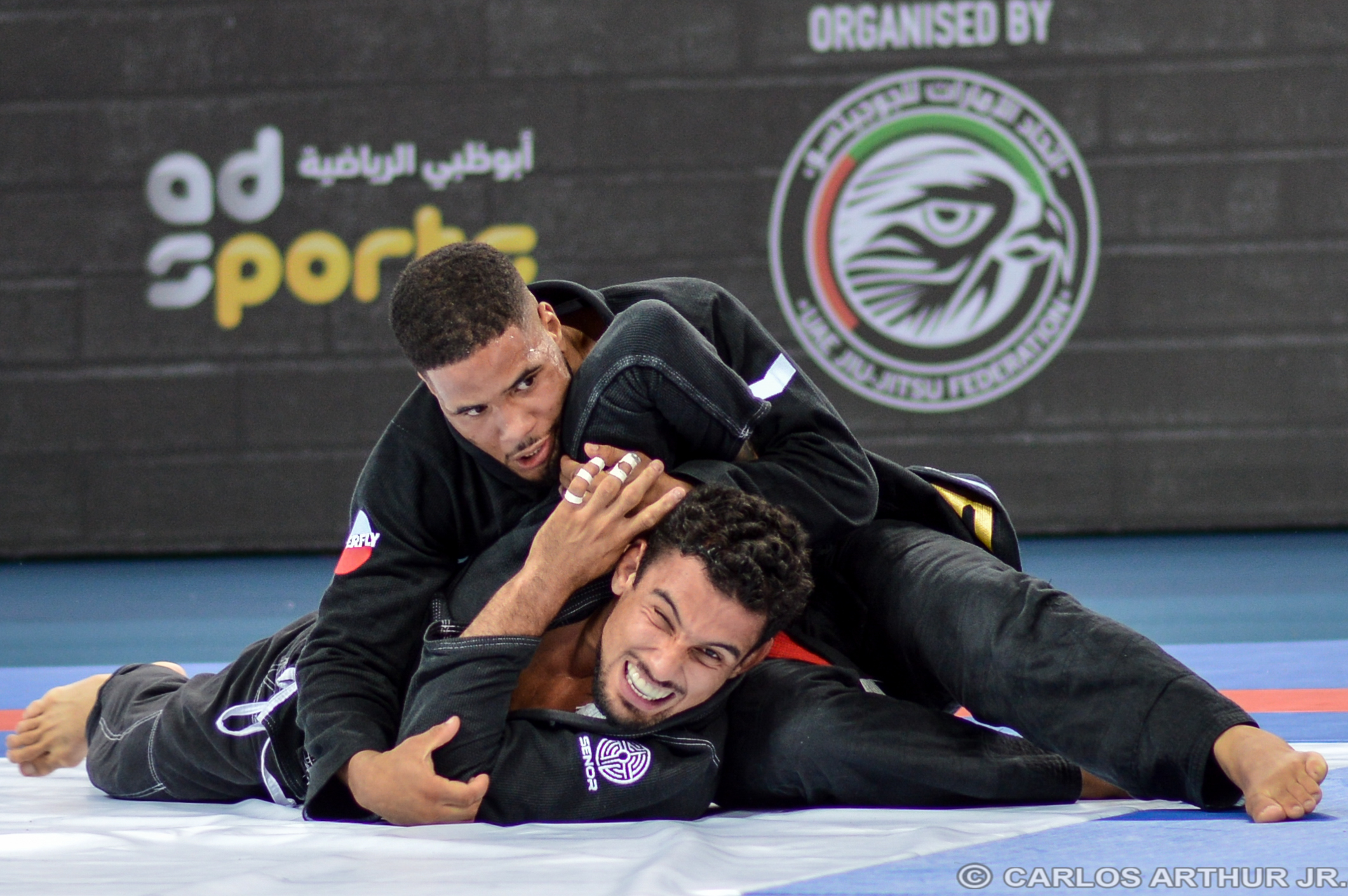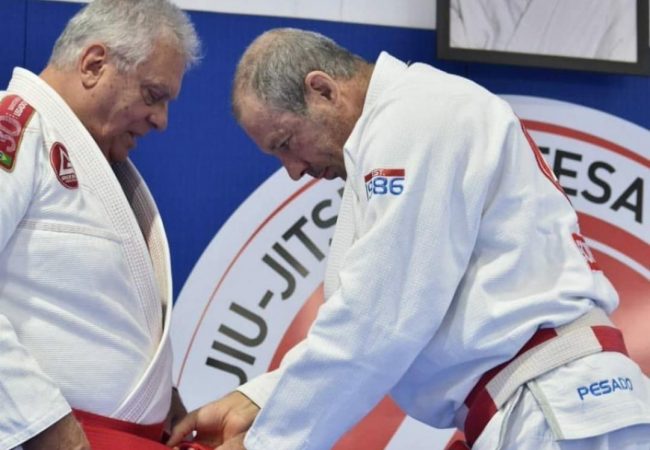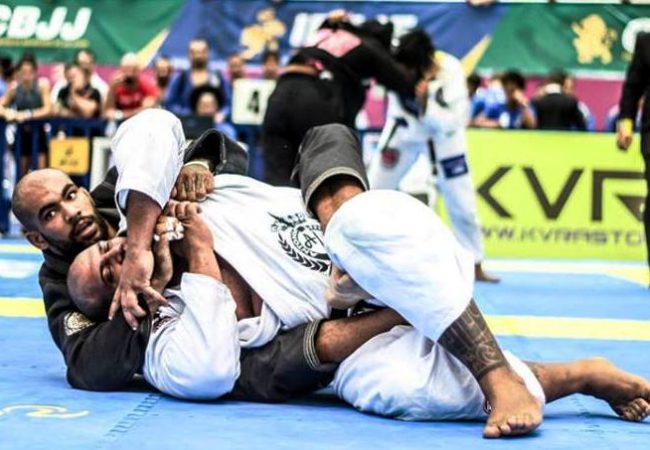Before the brackets that will define the Abu Dhabi World Pro Jiu-Jitsu Championship 2019’s champions take place, some countries with large numbers of representatives need to narrow down their fields. That’s known as country qualifying.
One day before the main bracket, compatriots in the same division face off to try to win their nation’s second spot, given that the first one is reserved for the best-ranked fighter in that division. To explain the importance of this format, we talked to Prof. Rodrigo Valério, technical director at the UAEJJF.
“To give the event that air of a world championship,” he says 1:07 into the following video, “we put some criteria in place. The athlete has to participate in our events, and they’ll have exposure, whether they’re from Asia, from Europe, from Africa… And it will be a balanced affair. Because, usually, the brackets, back in the day, since they were proportional, were made up of just Brazilians. Lots of Brazilians. Ninety percent of the categories. Even more — sometimes 100% were Brazilians. The sport has grown. We’re doing events across all of Asia, Africa, Europe. Entering some markets. And some brown- and black-belts are appearing in these countries at a level where they can make it to a world championship. And, of course, to the Brazilian, that opens up a market abroad. They are exported as a teacher, for seminars… Because the other countries started accepting BJJ more because they started producing winners. The government started supporting it in Kazakhstan because they have winners; Mongolia; we had an absurd number of over 400 Russians coming from Russia; 300 from Kazakhstan; from Mongolia. It’s a very large number. Of course, in a few years, it’s gonna be a differential, because black-belts are going to start to be graduated in these countries, and we want BJJ, even for the Brazilian market, to expand throughout the world. That’s the main reason for putting a quota per country — to make it fair, really. And the country qualifying is an event that has to be held in Abu Dhabi.”





